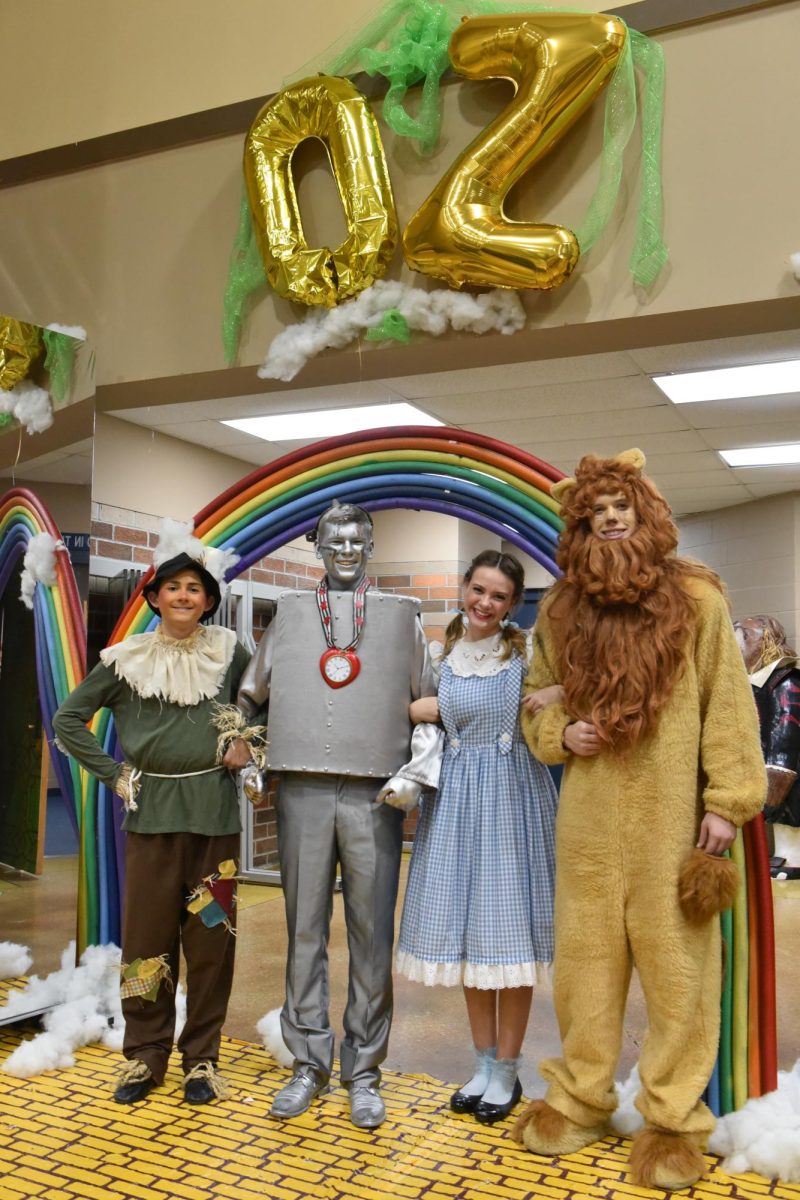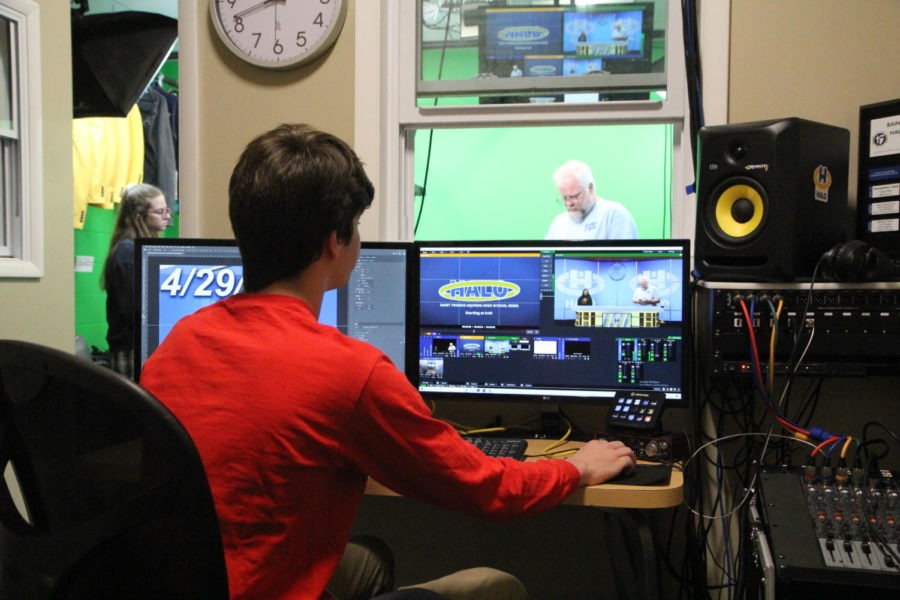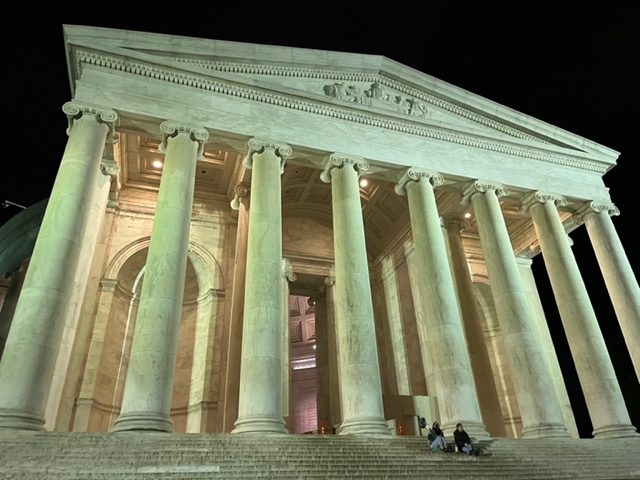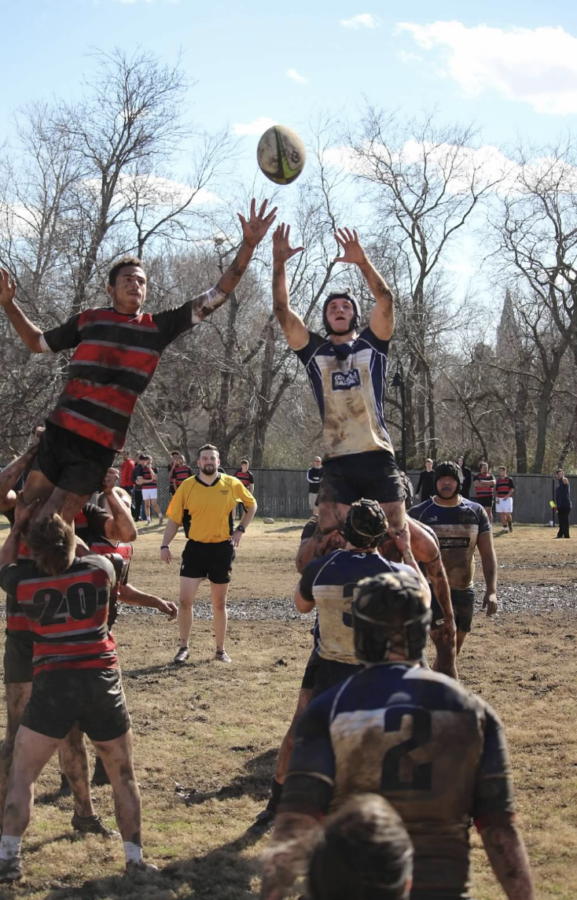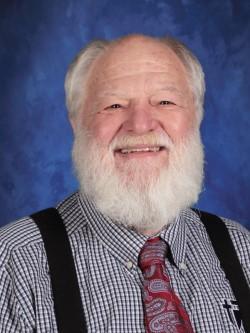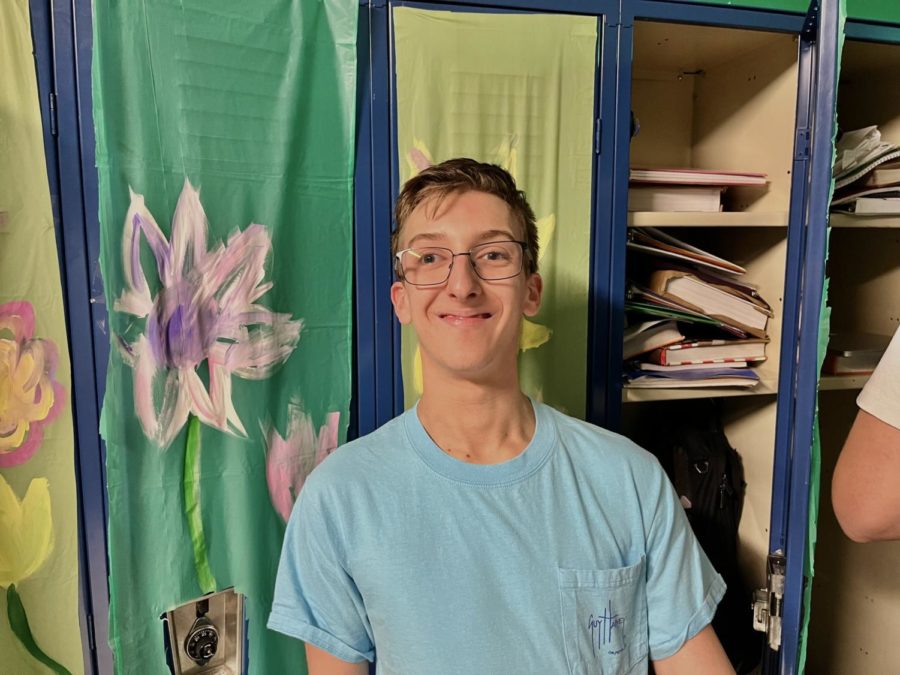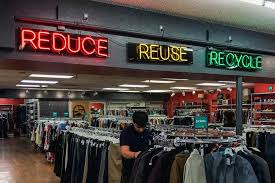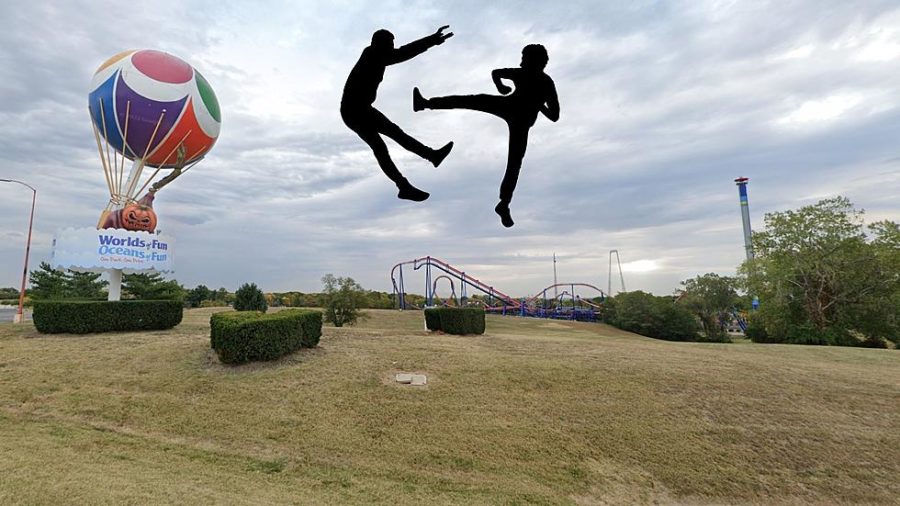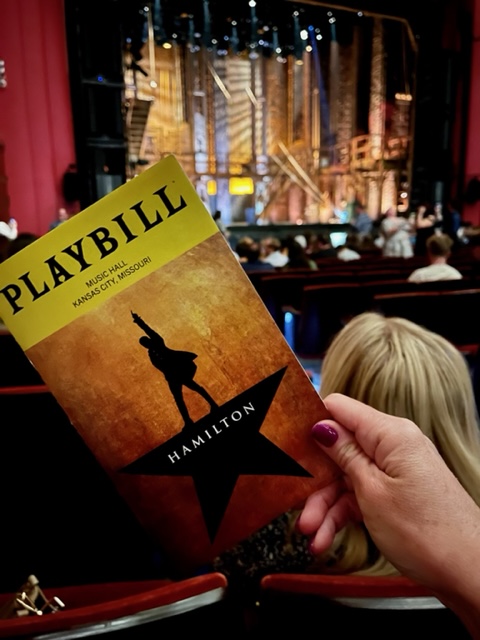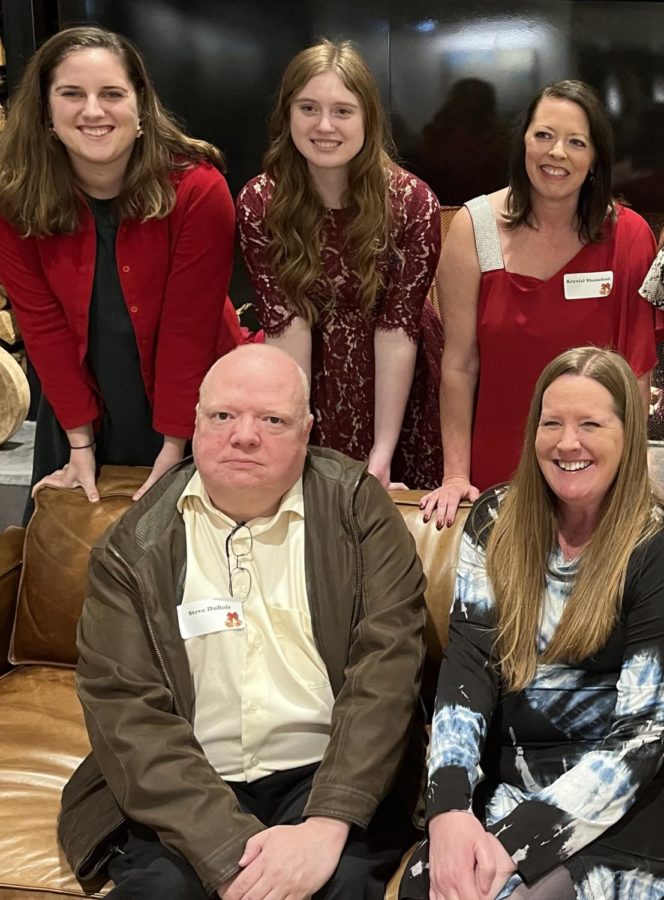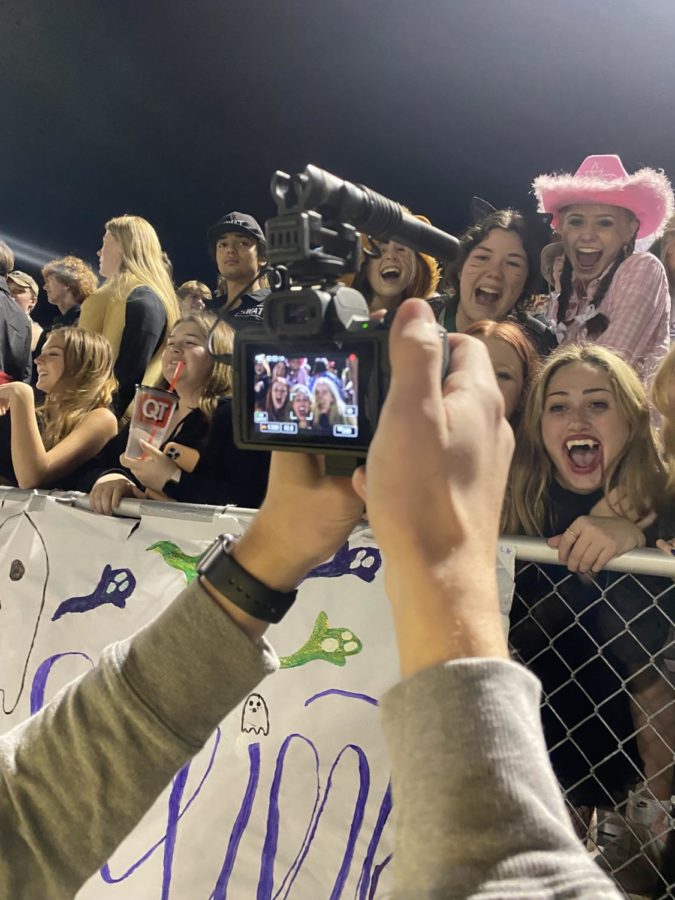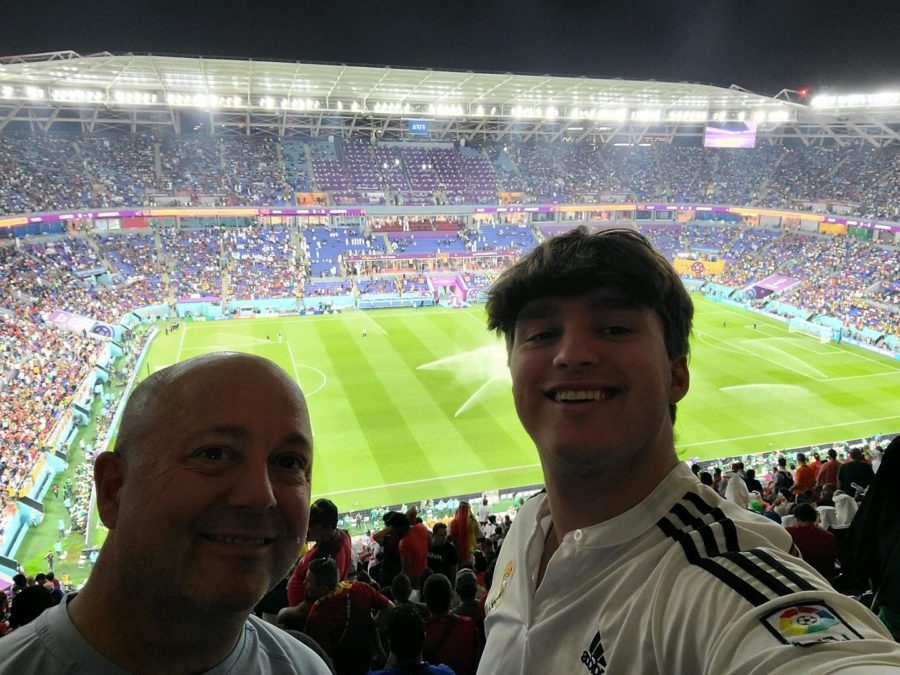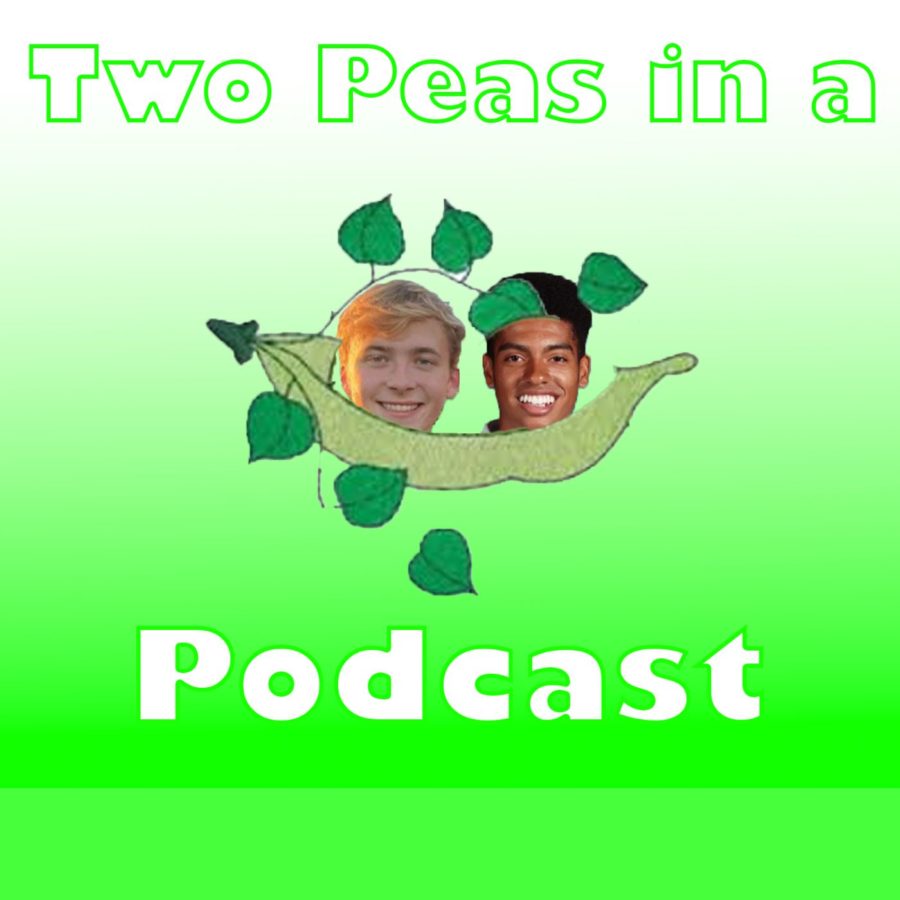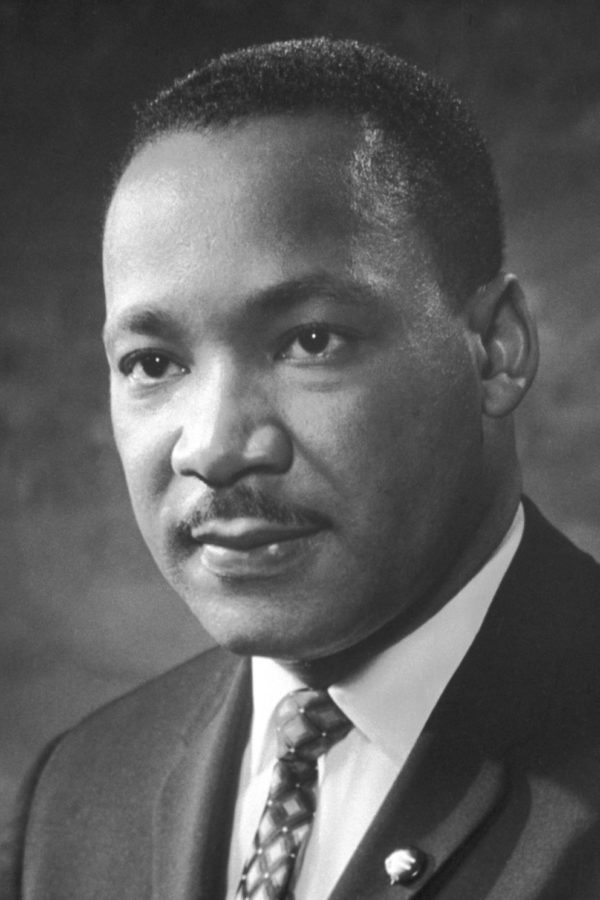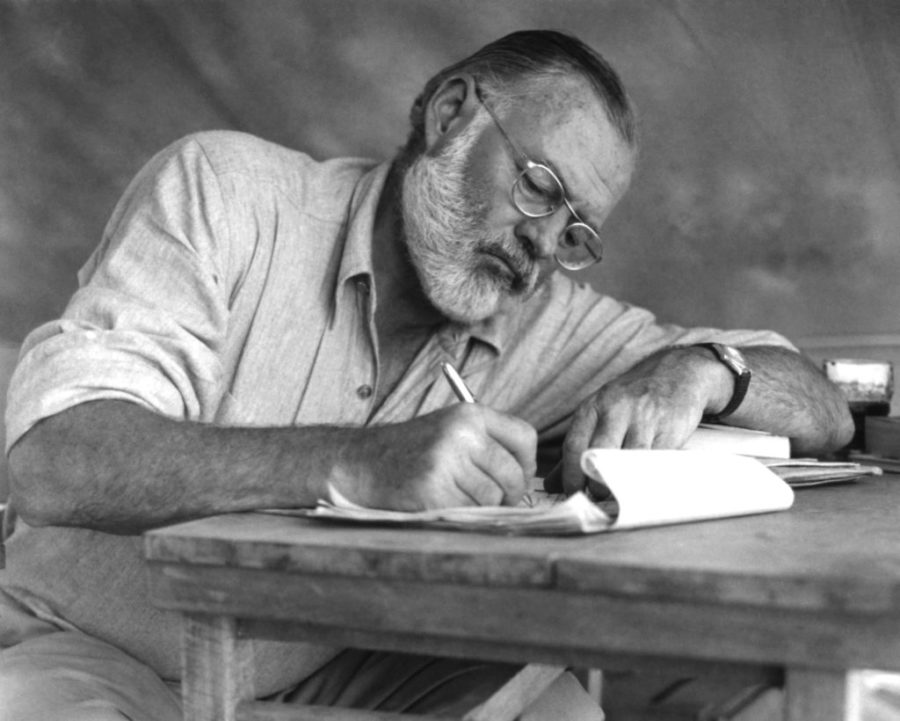The Mandela Effect Broken Down
Are we all losing our minds? Or is something different going on…

Many fans of the popular cartoon “Looney Tunes” mistake the spelling of “Tunes” for “Toons”
January 30, 2023
Have you ever seen or experienced something that appears totally different from how you remember it? Or have you ever had to completely do a double take when looking at something because you could swear it changed before your eyes? This phenomenon is referred to as “The Mandela Effect”, which is simply when a large mass of people believes that an event occurred when it did not. The concept was created in 2009 when a woman named Fiona Broome published a shocking discovery to a website she created. She and some of her coworkers were discussing the death of the South African president in the 1980’s in prison. But later that day, she began to look into it and found that he was still alive (he later passed away in 2013). Confused by the agreement between all of her coworkers, she published her thoughts and memories and learned that she was not the only one who believed this. Many remembered the tragic death and heart-wrenching speech given by his widow in the 80’s. And yet, that never happened.
The effect was named after the South African president’s name, and the more people looked into it, the more the discovery wasn’t as it seemed. Some famous examples you might recognize include the famous phrase “Mirror mirror on the wall” from Snow White and the Seven Dwarfs, (the phrase is actually Magic mirror on the wall), Oscar Meyer Hot Dogs (it’s actually spelled Mayer), and the image of the popular cartoon character, Mickey Mouse (many mistake him for wearing suspenders, when in reality he doesn’t). There are hundreds of misconceptions and events out there that many people agree happened but really didn’t. In fact, if you search up “Mandela Effect ”, you’ll immediately find thousands of articles dedicated to breaking down some of the most popular. But what causes such a strange thing to happen to so many people?
Many researchers have spent a lot of time on this subject, and have come up with different ideas as to how things like this get started. One of the more popular ideas refers to something called “false memory”. False memory is a neurological phenomenon where your brain wrongly associates memories with similar ones. For example, when students learn about Alexander Hamilton in school, they learn about how he is one of the founding fathers of the United States. Many kids trick their minds into believing that he served as a president when in all reality, he never did. The brain just grouped together those memories and switched them around. Another logical explanation is something called confabulation, which is just when the brain fills in the gaps of missing information. Going back to the Hamilton example, if kids remember they learned about Hamilton in history class, and history class is where they learned about presidents, they would fill in the gap and connect the bridge, associating Hamilton as a president.
While those explanations are both logical and make sense, perhaps one of the most well-known explanations uses quantum physics to explain what happens. The argument says that multiple realities exist, and whenever a select group of people remember something a certain way, they experience an alternate timeline. And while this may seem a bit far-fetched, there isn’t a way to disprove it, so the idea still roams around today.
So what do you think? Do you think it’s a trick in our brain, or do you have the itching feeling that it might be something more out of our reach, like alternate realities? Regardless of what you think, chances are, someone out there agrees with you. If you have some free time, look up “The Mandela Effect” and see what comes up. You’d be surprised by the amount of concepts you’ve been tricked into believing as true.
The Mandela Effect: Why Do so Many People Have the Same False Memories? https://web.colby.edu/cogblog/2022/04/28/the-mandela-effect-how-do-we-all-have-the-same-false-memories/.
Cuncic, Arlin. “What Is the Mandela Effect?” Verywell Mind, Verywell Mind, 17 Dec. 2022, https://www.verywellmind.com/what-is-the-mandela-effect-4589394.




